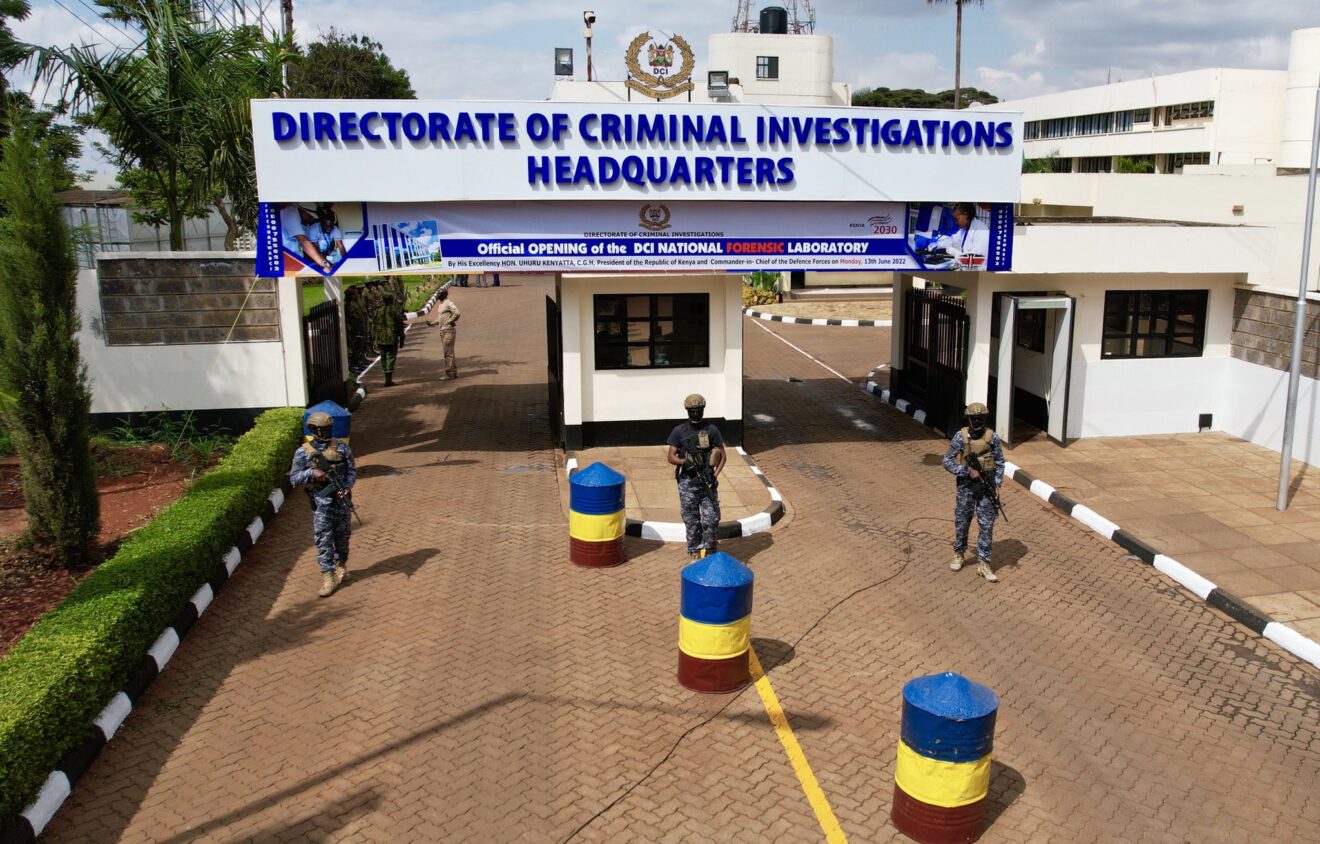The Independent Policing Oversight Authority (Ipoa) risks compromising the quality of its evidence and its autonomy by relying on the Directorate of Criminal Investigations (DCI) for forensic analysis, according to a recent survey.
Investigators say that handling high-profile police misconduct cases requires evidence that is beyond reproach, and sharing a forensic facility with DCI threatens this standard.
The survey by the International Justice Mission highlights that an independent lab would protect Ipoa’s investigations from potential interference and safeguard its credibility.
The report also points to a “severe lack of confidence in the effectiveness of the Criminal Justice System in Kenya to protect vulnerable people and deter police officers from abusing their power.”
Ipoa investigators and forensic experts have voiced concerns that dependence on DCI undermines the watchdog’s independence, especially as the authority continues to raise complaints against other criminal justice agencies, including the National Police Service and its Internal Affairs Unit (IAU).
Established under the Independent Policing Oversight Authority Act, Ipoa oversees the National Police Service, investigates complaints against police officers, and recommends prosecution or internal disciplinary action.
Since DCI is part of the National Police Service, relying on its resources for forensic analysis introduces conflicts that can weaken case outcomes.
Ipoa chairman Isaac Hassan also criticised the Office of the Director of Public Prosecutions for delays in clearing files for prosecution, which he said denies victims timely justice.
The report reads: “…reliance on other criminal justice system institutions in some processes (like forensic analysis) during investigations sometimes impairs the ability of IOs [investigating officers] to take full control of investigations.”
According to the report, many investigation officers within Ipoa believe that establishing their own forensic lab would address delays, minimise undue interference, and improve the overall quality of evidence.
The survey further notes that both the public and key criminal justice stakeholders view investigations into police misconduct as inadequate, often resulting in low-quality evidence being presented in court.
“These deficiencies in investigative processes frequently cause cases of alleged police abuse of power to collapse before reaching prosecution,” the report warns.
Strengthening Ipoa’s investigative capabilities, including having an independent forensic facility, is seen as essential for ensuring justice and maintaining public trust.

